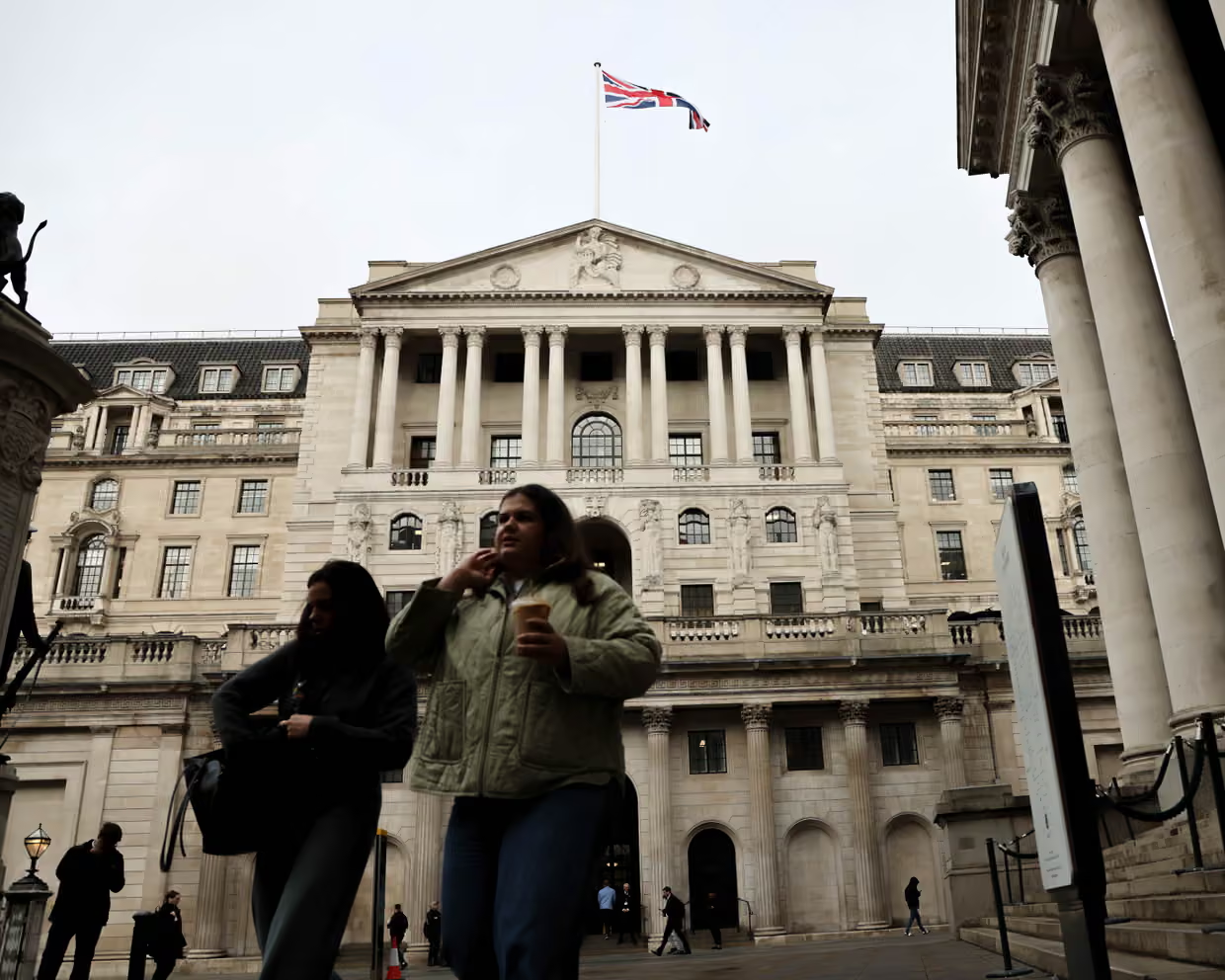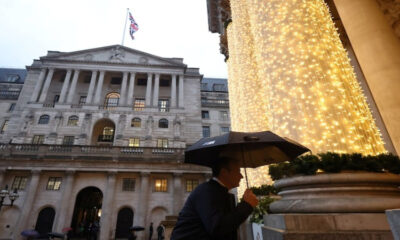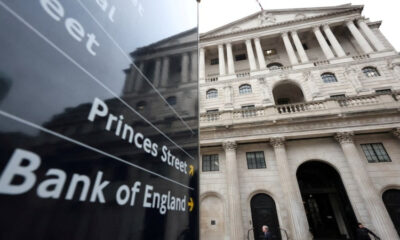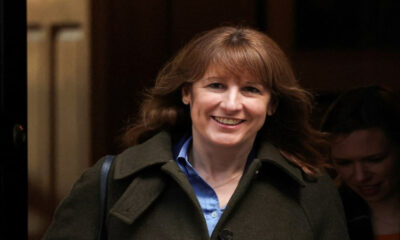News
Bank of England Hints at Possible December Rate Cut as Inflation Shows Signs of Easing

The Bank of England has left its benchmark interest rate unchanged at 4 percent but indicated that it could move toward a rate cut as early as December, citing clear signs that inflation has peaked and economic momentum remains weak. The decision, announced after the latest meeting of the Monetary Policy Committee (MPC), reflects a cautious shift in tone as the central bank seeks to balance persistent inflationary risks with the growing threat of stagnation.
Policymakers voted to maintain the current rate for now, emphasizing that inflation is finally showing consistent signs of slowing. Recent data suggest that price pressures in housing, energy, and food have eased significantly from their highs earlier in the year, though officials warned that underlying cost pressures remain elevated in parts of the economy. The MPC said that any future rate reductions would depend on sustained evidence that inflation is returning to the target level of 2 percent.
In its accompanying statement, the Bank acknowledged that the combination of tighter financial conditions, declining consumer confidence, and sluggish business investment has weakened overall growth. The central bank now expects the economy to expand only marginally in the final quarter of the year, with most sectors showing signs of fatigue. “While inflationary pressures are moderating, demand remains subdued, and growth prospects are fragile,” the statement said.
Governor Andrew Bailey noted that although inflation has fallen faster than anticipated, it would be premature to declare victory. He said policymakers were prepared to adjust rates if data over the coming weeks confirmed that price stability was firmly in sight. Bailey added that the Bank’s priority remains ensuring that recent progress on inflation is not reversed by premature policy easing.
Analysts interpreted the Bank’s messaging as a soft signal that a rate cut could follow in December, especially if upcoming economic indicators continue to point toward cooling inflation and weak growth. Market traders reacted cautiously, with sterling slipping slightly against major currencies as investors priced in a potential shift toward monetary easing.
The decision comes ahead of the government’s upcoming budget announcement, which is expected to outline measures aimed at stimulating investment and easing cost-of-living pressures. Economists say coordination between fiscal and monetary policy will be critical to preventing a prolonged period of economic stagnation.
While the central bank stopped short of guaranteeing a cut, the tone of the latest report was notably less hawkish than in previous meetings. Several members of the committee highlighted the risk of keeping policy too tight for too long, warning that overly restrictive borrowing costs could deepen the slowdown in consumer spending and housing activity.
With inflation easing, growth faltering, and households still feeling the strain of high living costs, the Bank of England now faces one of its most delicate decisions in recent years. The December meeting could determine whether the institution begins a gradual shift toward supporting recovery or waits longer to ensure that inflationary pressures have truly subsided.






















